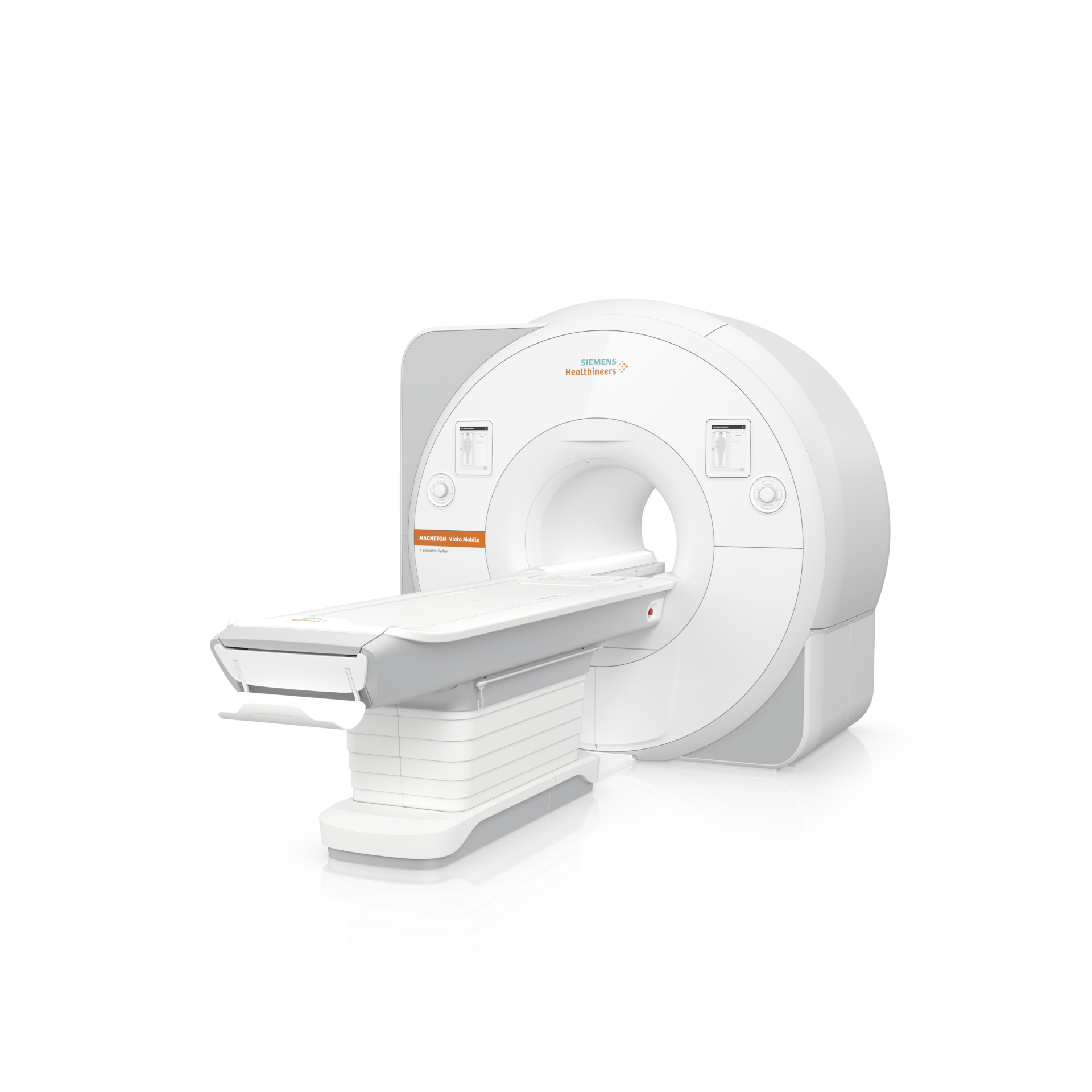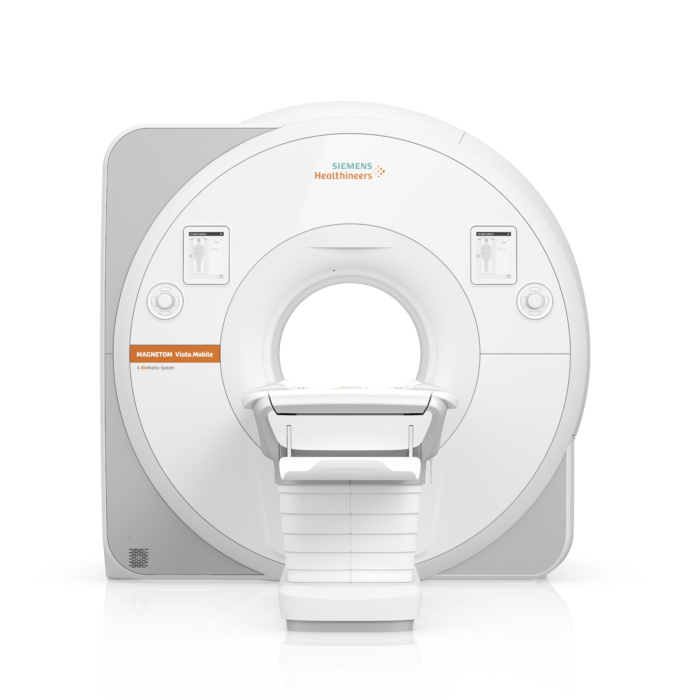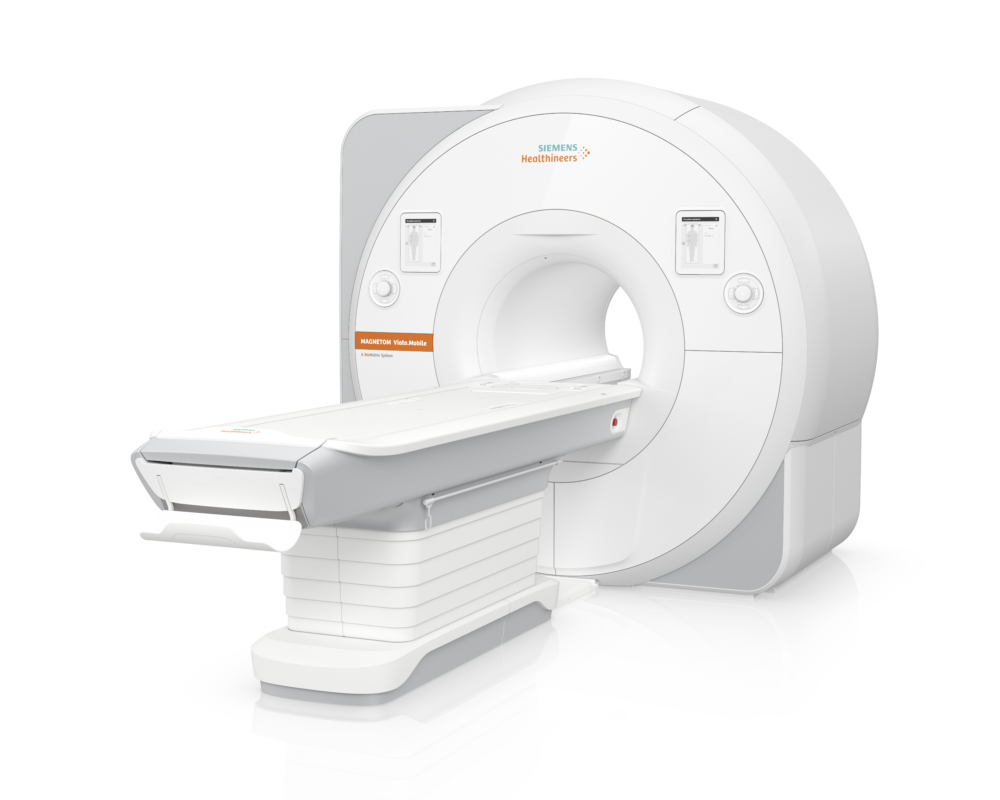
What is a magnetic resonance imaging (MRI) scan?
Please watch the video!
How do I prepare for an MRI scan?

Please be sure to arrive at least 15 minutes prior to the scan!
When going to the scan, wear comfortable, active clothing. Please note that metal objects containing magnetic metals (e.g. iron) must not be brought into the scanning room.
Jewellery must not be taken into the scanning room. Jewellery, wallets, credit cards, and other items that might interfere with the scanning process can be placed in a security cabinet. Before the scan, you may be asked to drink a contrast agent or, if needed, it will be injected intravenously. Be sure to inform the radiology technician about any other medical conditions you may have, as intravenous injections may be contraindicated for certain diseases.Inform the radiology technician of any allergies or allergic reactions to medications. Always tell the radiology technician if you might be pregnant. Although there have been no adverse effects on the foetus found with MRIs, it should still be avoided in the first trimester of pregnancy. At the same time, it is possible that the benefits of the scan outweigh the unlikely risks. If you suffer from claustrophobia, ie a fear of enclosed spaces (such as lifts), please be sure to inform the staff. It is not permitted to enter the scanning room with a pacemaker. It is not possible to perform an MRI scan on patients with a pacemaker. However, there are now pacemakers that can withstand the magnetic field, but an electrophysiologist must confirm that the scan can be performed and, if necessary, the pacemaker must be reconfigured to a mode that is suitable for an MRI.
We cannot perform an MRI scan in the following cases:
How is the MRI scan performed?

What will I feel during the scan?
Book your MRI scan now
Cranfeld Clinic OÜ
Veerenni tn 53a Tallinn Harjumaa 10138
Registry code: 16385217